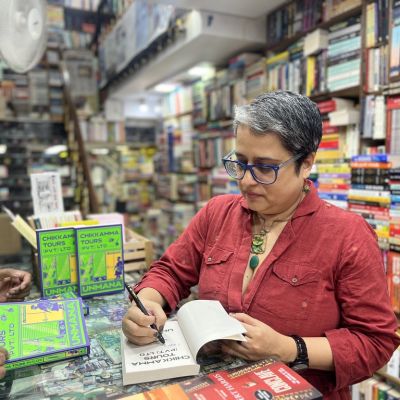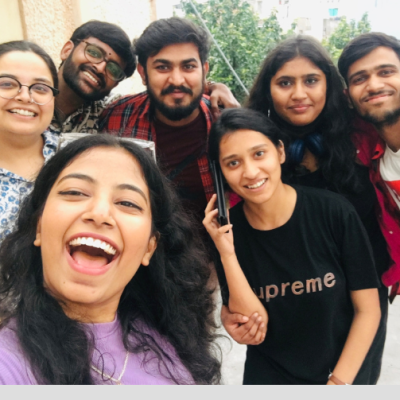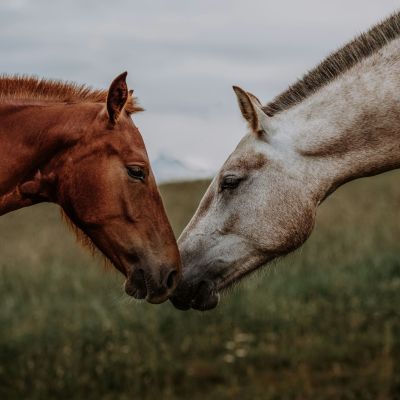SISA spaces
Friendship – a place where we can be ourselves as we truly are, with no artifice. A place of peace,…
That’s what books do, they open up the world to new possibilities, let you live a life bigger than your own.
In those moments of doubt, when we wonder whether we can really make a difference in the world, it is often our work friends who remind us why we began.
The Debrief is a girlhood ritual as old as dating itself.
If my sexuality is an integral part of who I am, then friendship is where I hope I can be who I am.
The only substitute for “friend” is “friend” itself. Irreplaceable, singular.
But we always, always know that when it’s the two of us, a label or a word isn’t needed or necessary. We both get each other.
How am I bringing myself into the erotic moment I am sharing with a lover?
We all are members of ‘The Side People’. No, we don’t sit around a table every Saturday to cry.
सबसे ख़ूबसूरत बात यह है कि समावेशी दोस्ती समाज में भी बदलाव लाती है। जब दोस्त एक-दूसरे को बिना भेदभाव अपनाते हैं, तो यह उदाहरण बनता है और धीरे-धीरे एक ऐसी संस्कृति का निर्माण होता है जहाँ विविधता को सम्मान और स्वीकार्यता मिलती है।
कुछ साल पहले ही मुझे एहसास हुआ कि जब भी मैं भविष्य के बारे में सोचती हूँ, तो मेरे मन में हमेशा अपनी सबसे करीबी महिला मित्रों की तस्वीर उभरती है। मेरे हर फ़ैसले पर सबसे ज़्यादा असर उन्हीं का पड़ता है…
जबकि सोशल मीडिया और ऑनलाइन प्लेटफॉर्म भारत में क्वीयर लोगों को जुड़ने, ख़ुद को अभिव्यक्त करने और गैर-अपराधीकरण के बाद समुदाय ख़ोजने के लिए एक मंच प्रदान करते हैं, संबद्धता के विचार अभी भी जाति, वर्ग, सौंदर्यशास्त्र आदि में उलझे हुए हैं जो बहिष्कार को कायम रखते हैं।
… technology, when designed with love and local wisdom, can transform both climate adaptation and sexual health outcomes.















… that feels so personal to me as a teenage girl, because it is indeed, “so confusing sometimes to be a girl.”